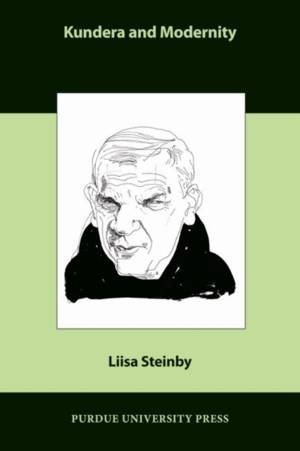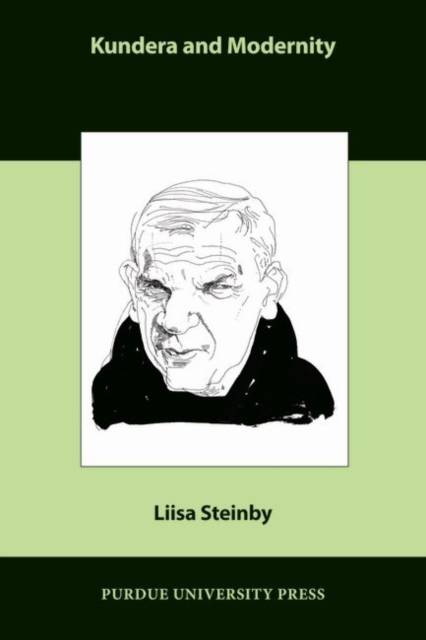
- Afhalen na 1 uur in een winkel met voorraad
- Gratis thuislevering in België vanaf € 30
- Ruim aanbod met 7 miljoen producten
- Afhalen na 1 uur in een winkel met voorraad
- Gratis thuislevering in België vanaf € 30
- Ruim aanbod met 7 miljoen producten
Zoeken
Omschrijving
While a large amount of scholarship about Milan Kundera's work exists, in Liisa Steinby's opinion his work has not been studied within the context of (European) modernity as a sociohistorical and a cultural concept. Of course, he is considered to be a modernist writer (some call him even a postmodernist), but what the broader concept of modernity intellectually, historically, socially, and culturally means for him and how this is expressed in his texts has not been thoroughly examined. Steinby's book fills this vacuum by analyzing Kundera's novels from the viewpoint of his understanding of the existential problems in the culture of modernity. In addition, his relation to those modernist novelists from the first half of the twentieth century who are most important for him is scrutinized in detail. Steinby's Kundera and Modernity is intended for students of modernism in literary and (comparative) cultural studies, as well as those interested in European and Central European studies.
Specificaties
Betrokkenen
- Auteur(s):
- Uitgeverij:
Inhoud
- Aantal bladzijden:
- 249
- Taal:
- Engels
- Reeks:
Eigenschappen
- Productcode (EAN):
- 9781557536372
- Verschijningsdatum:
- 28/02/2013
- Uitvoering:
- Paperback
- Formaat:
- Trade paperback (VS)
- Afmetingen:
- 152 mm x 226 mm
- Gewicht:
- 385 g

Alleen bij Standaard Boekhandel
+ 152 punten op je klantenkaart van Standaard Boekhandel
Beoordelingen
We publiceren alleen reviews die voldoen aan de voorwaarden voor reviews. Bekijk onze voorwaarden voor reviews.











